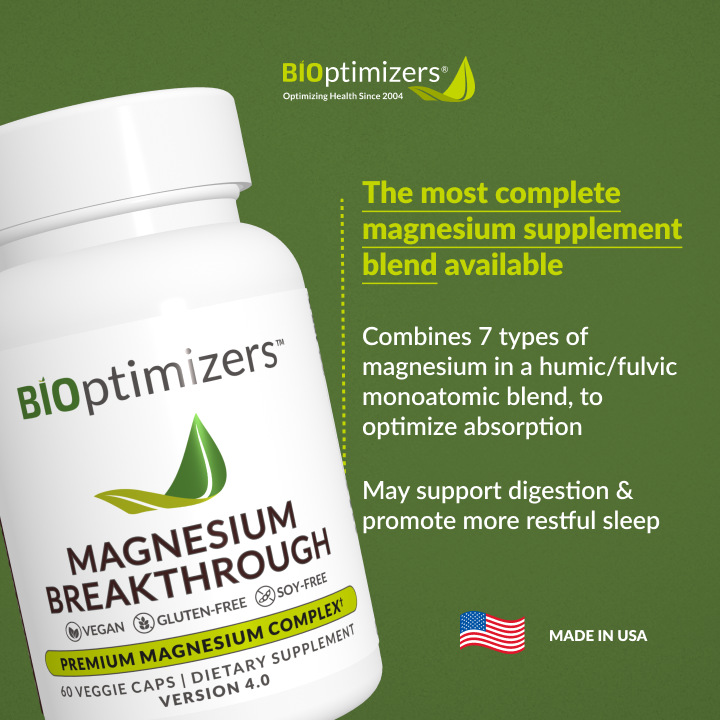What are epigenetics?
- Analu

- Sep 4, 2024
- 3 min read
**Epigenetics** refers to the study of changes in gene expression that are not caused by alterations in the DNA sequence itself. These changes can be influenced by various factors such as environment, lifestyle, and age. Epigenetic modifications can impact how genes are turned on or off, leading to different traits or diseases. Examples of epigenetic mechanisms include DNA methylation, histone modification, and non-coding RNA regulation
(In this post you may find affiliate links to AMAZON that may produce a commission for me at no extra cost to you!)
Have you ever wondered how your environment can affect your health or how the choices you make can influence your body beyond what you’re born with? Well, the answer lies in epigenetics, a fascinating area of biology that studies how genes are expressed without changing the actual DNA sequence.
The Basics of Epigenetics
Epigenetics is all about gene expression. Genes are like instructions for building proteins, which perform all the functions in our body. However, not all genes are "on" all the time. Just because you have a certain gene doesn't mean it's active. Epigenetics controls which genes are turned on or off, and when. It’s like a light switch controlling whether a room is lit up or dark, except the "room" is a part of your body.
How Does Epigenetics Work?
Epigenetic changes occur through different mechanisms:
DNA Methylation: Tiny chemical tags called methyl groups can attach to parts of the DNA, telling it not to produce certain proteins. This process effectively turns off a gene.
Histone Modification: DNA is wrapped around proteins called histones. When histones are modified, they either tighten or loosen their grip on DNA, making it more or less accessible for gene expression.
Non-Coding RNA: These molecules can interfere with the process that reads genes, preventing certain proteins from being made.
These mechanisms are like traffic lights for your genes—stopping some genes while letting others go.

What Influences Epigenetics?
The coolest part about epigenetics is that it's not set in stone. Your environment and lifestyle play a big role. Things like:
Diet: What you eat can add or remove chemical tags from your DNA. Foods rich in nutrients, like leafy greens or fish, can support healthy epigenetic changes.
Exercise: Staying active can lead to positive epigenetic modifications, promoting better health and longevity.
Stress: Chronic stress can negatively impact your epigenome, increasing the risk of certain diseases.
Toxins: Exposure to harmful substances like cigarette smoke can lead to negative epigenetic changes, increasing the risk of cancer.
Epigenetics Across Generations
Amazingly, some epigenetic changes can be passed down from one generation to another. This means that the lifestyle choices your grandparents made might affect you today! For example, studies have shown that children of parents who went through severe famine had different health outcomes due to epigenetic changes passed through generations.
Epigenetics and Health
Epigenetics plays a huge role in health and disease. It’s linked to many conditions like cancer, diabetes, and even mental health disorders. But the good news is that because your epigenome can be influenced by your environment, it's possible to reverse or prevent some negative changes by making healthier lifestyle choices.
Conclusion: Shaping Your Genetic Destiny
Epigenetics shows us that we're not just at the mercy of our genes. Our environment, behaviors, and experiences all play a role in shaping how our genes work. This field of science is still evolving, but it's already teaching us that we have more control over our health and future than we ever thought possible.
So, while you might inherit your DNA from your parents, epigenetics proves that you have the power to influence how your genes express themselves through the choices you make every day.
Supplements targeting DNA repair and epigenetic health:
NR (Nicotinamide Riboside): Known for boosting NAD+
levels, this supplement helps with DNA repair and supports epigenetic health, which is often marketed for anti-aging.
Curcumin: Known for its anti-inflammatory properties, curcumin can influence epigenetic markers and may help in preventing diseases related to epigenetic changes.
Resveratrol: This compound is associated with longevity and can modify gene expression related to aging and disease.
Biohacking and Epigenetic Testing Kits:
23andMe or DNAfit: These companies offer genetic testing that can give insights into how your genes interact with your environment, offering personalized advice on health, nutrition, and fitness.
Epigenetic age testing kits: These kits provide information on your biological age based on epigenetic markers, helping users better understand their health and aging process.
Books like “The Epigenetics Revolution” by Nessa Carey or “The Genie in Your Genes” by Dawson Church can be helpful for those interested in a deeper understanding of epigenetics.
These products align with the theme of epigenetics and can provide further tools for understanding or influencing gene expression for better health outcomes.





